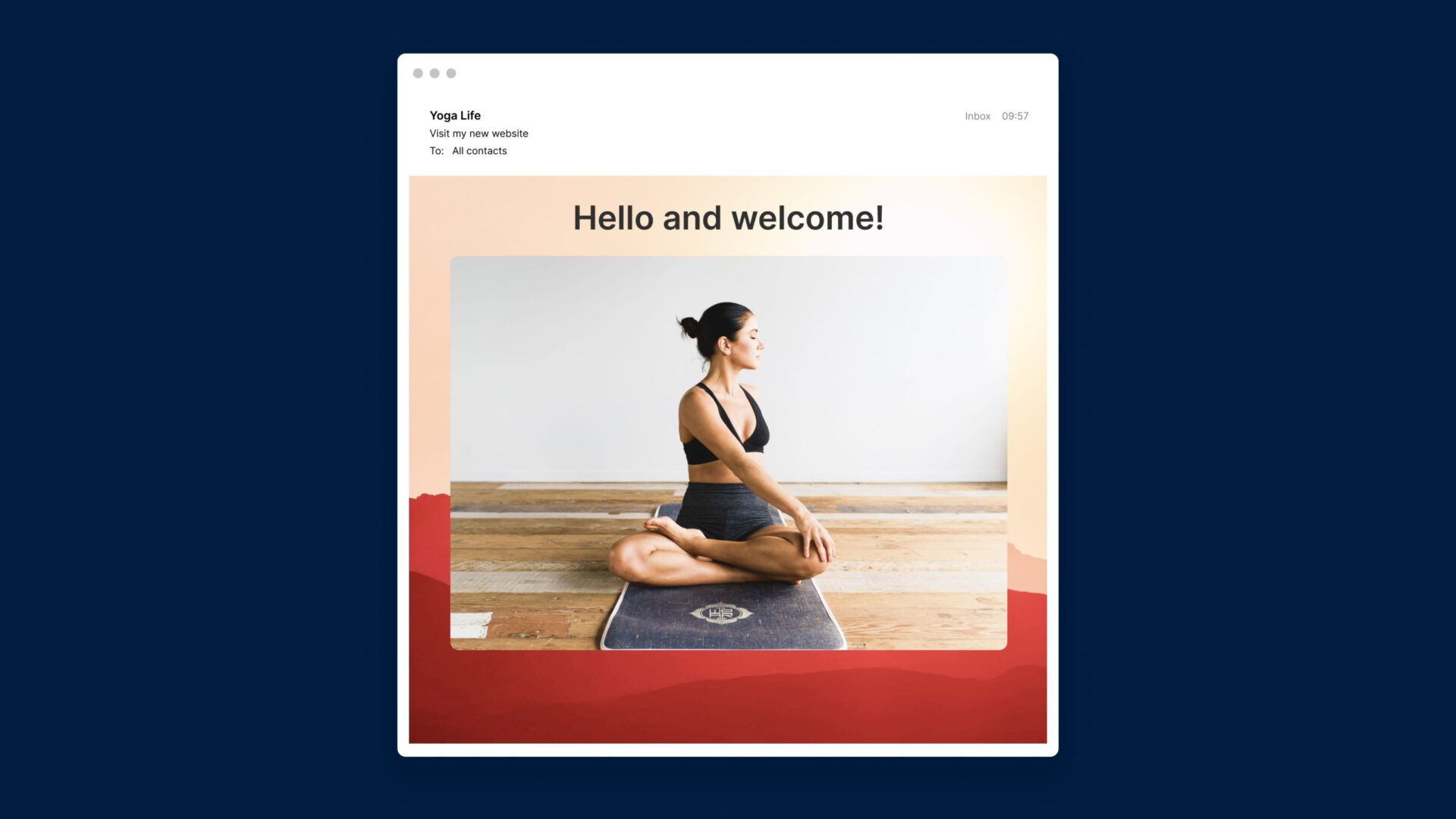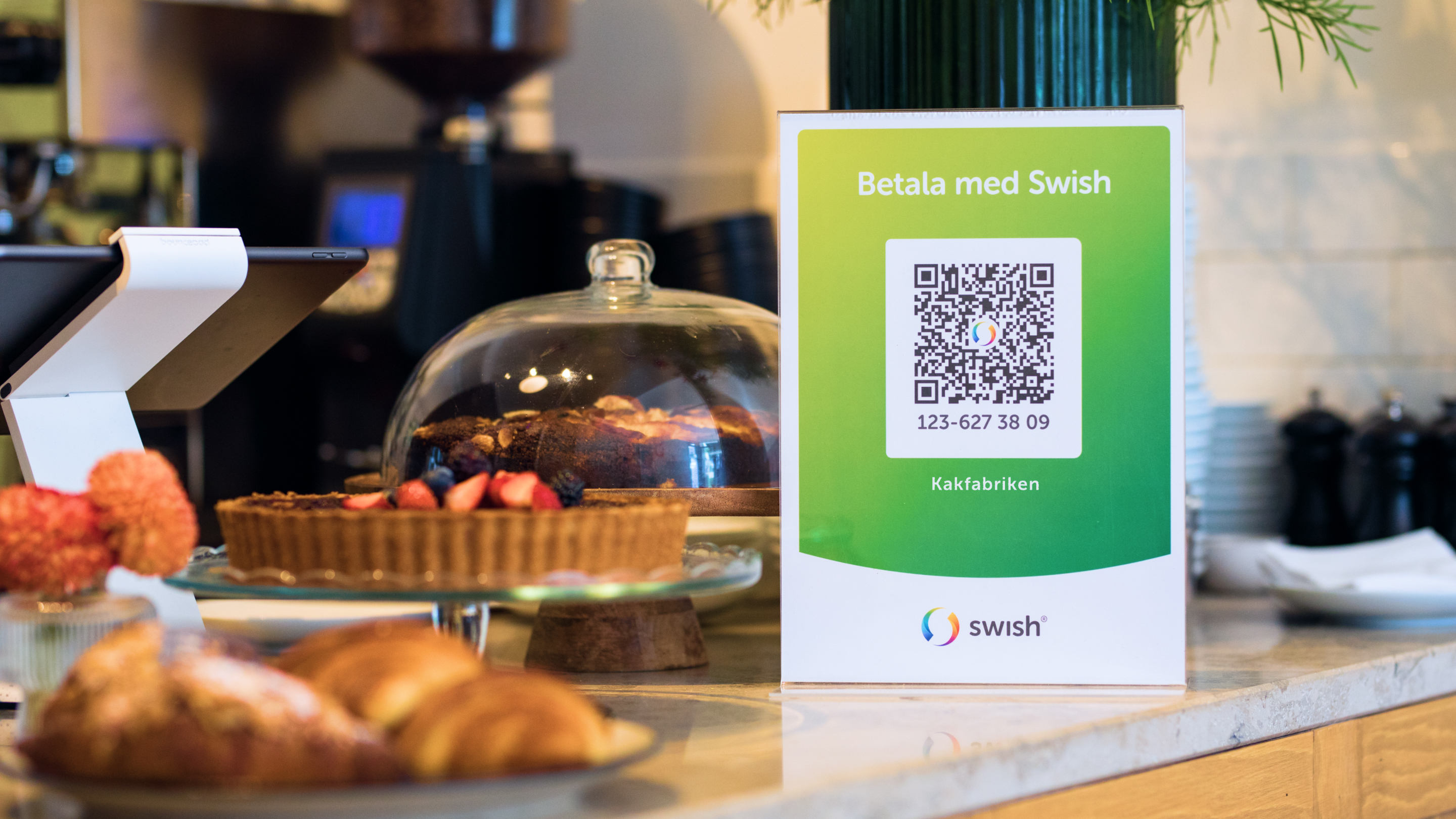
Do less to achieve more
As a consultant and freelancer who has worked with both startups and established brands, while simultaneously trying to build my own successful ventures, I’ve learned a valuable lesson: the importance of doing fewer things well rather than spreading yourself too thin.
Doing fewer things but doing them exceptionally well is not only a pathway to greater personal satisfaction but also a recipe for professional success.
Like many entrepreneurs and creative professionals, I’ve always been drawn to new ideas and opportunities.
The excitement of starting a fresh project, the potential for innovation, and the promise of success can be intoxicating. I’d find myself juggling multiple clients, advising startups, and working on my own business ideas simultaneously.
Each new venture seemed too good to pass up, and I convinced myself that I could manage it all.
However, as my to-do list grew longer and my calendar became increasingly packed, I started to notice a troubling pattern.
While I was busy with many projects, I wasn’t making significant progress on any of them.
The quality of my work began to suffer, and I felt constantly overwhelmed and stressed.
The cost of spreading yourself thin
This approach of trying to do everything came with several hidden costs:
- Diminished quality: When you’re juggling too many tasks, it’s challenging to give each one the attention it deserves. I found that my work, while adequate, was rarely exceptional.
- Increased stress: Constantly switching between projects and trying to meet multiple deadlines led to chronic stress and burnout.
- Lack of deep work: With my attention divided, I struggled to engage in the kind of deep, focused work that leads to true innovation and breakthrough results.
- Slower progress: Paradoxically, by trying to move forward on multiple fronts, I was making slower progress overall than if I had concentrated on fewer projects.
- Missed opportunities: Because I was so busy maintaining multiple projects, I often missed out on valuable opportunities that required quick action or full commitment.
The power of focus
It was only when I started to intentionally limit my commitments and focus on fewer, high-impact projects that I began to see real traction in my work. Here’s what I discovered about the power of focus:
- Quality improvement: By dedicating more time and energy to fewer projects, the quality of my work improved dramatically. I was able to dive deeper, think more critically, and produce truly outstanding results.
- Faster progress: Concentrating on a limited number of key initiatives allowed me to make rapid progress. Projects that had been lingering for months were suddenly completed in weeks.
- Increased innovation: With more mental space and time for deep work, I found myself coming up with more innovative solutions and creative ideas.
- Better relationships: By being fully present and committed to fewer clients and partners, I was able to build stronger, more meaningful professional relationships.
- Reduced stress: With a more manageable workload, I felt more in control and less overwhelmed, leading to improved well-being and work satisfaction.
Recommendations for focusing your efforts
If you find yourself in a similar situation, here are some strategies I’ve found helpful in learning to focus and do less, but better:
- Audit your commitments: Take stock of all your current projects and commitments. Be honest about which ones are truly aligned with your long-term goals and which are just distractions. Schedule weekly or monthly reviews of your projects and goals. Use this time to assess progress, realign your focus if necessary, and celebrate your achievements.
- Prioritize ruthlessly: Use a framework like the Eisenhower Matrix to identify your most important and impactful work. Focus on the tasks that are both urgent and important.
- Learn to say no: This is perhaps the most crucial skill. Politely declining new opportunities that don’t align with your focus areas is essential for maintaining your concentration on what truly matters. Create a “not-to-do” list alongside your to-do list. This helps reinforce your commitment to focus and reminds you of the distractions you’ve chosen to avoid. Also read The power of saying No
- Set clear goals: Define clear, measurable objectives for your key projects. This will help you stay focused and track your progress more effectively.
- Practice deep work: Set aside dedicated time for focused, uninterrupted work on your priority projects. Minimize distractions during these periods.
- Use the two-pizza rule: Popularized by Amazon’s Jeff Bezos, this rule suggests that teams should be small enough to be fed by two pizzas. Apply this principle to your projects – keep them few enough that you can give each one substantial attention.
- Delegate or outsource: For tasks that are necessary but not central to your core focus, consider delegating to team members or outsourcing to freelancers.
- Cultivate patience: Remember that significant achievements take time. Resist the urge to jump to new projects prematurely, and give your focused efforts time to bear fruit.
In a world that often celebrates “hustle” and multitasking, choosing to focus and do less can feel counterintuitive. However, I’ve found that this approach not only leads to better results but also to a more fulfilling and balanced professional life.
By consciously limiting our commitments and pouring our energy into a select few high-impact projects, we can achieve a level of excellence and innovation that’s simply not possible when we’re spread too thin.
It’s not about doing more; it’s about doing what matters most, and doing it exceptionally well.
As you move forward in your career, whether as an entrepreneur, freelancer, or within a larger organization, I encourage you to embrace the power of focus.
Choose your projects wisely, commit to them fully, and watch as your increased concentration leads to unprecedented levels of success and satisfaction in your work.
Remember, in the quest for achievement, less truly can be more.
Also read Something is always more important


